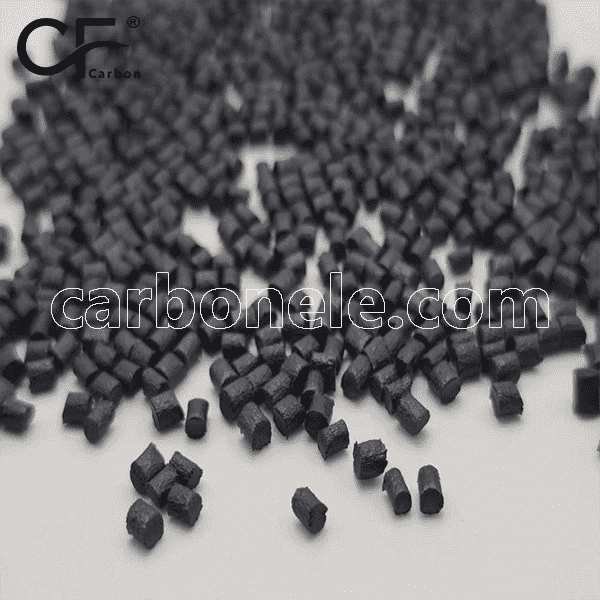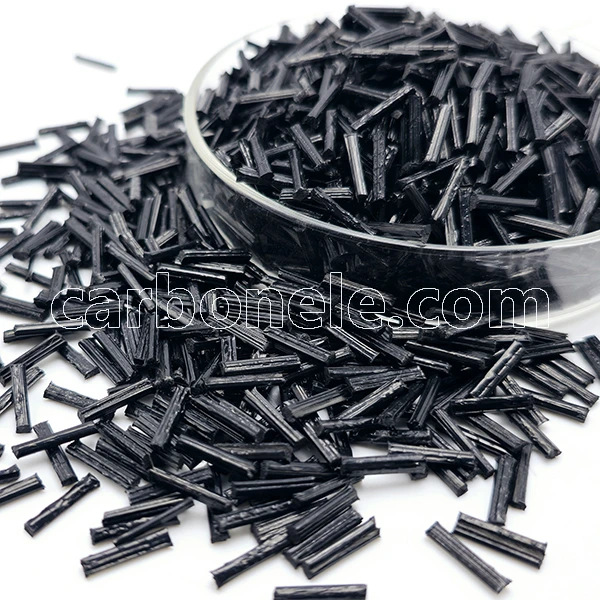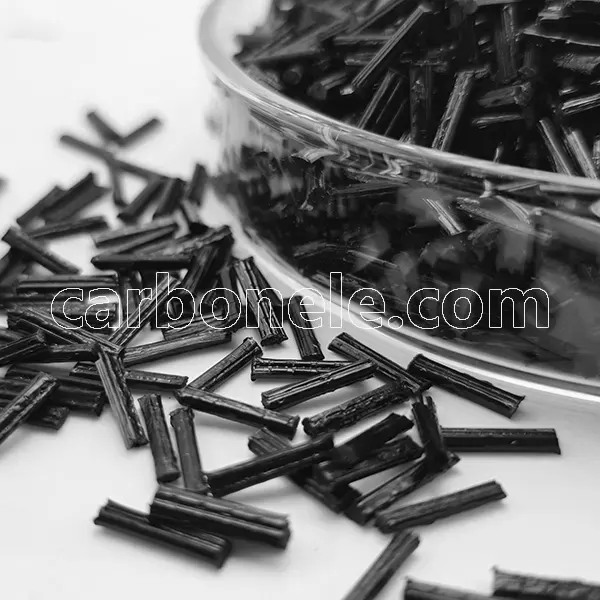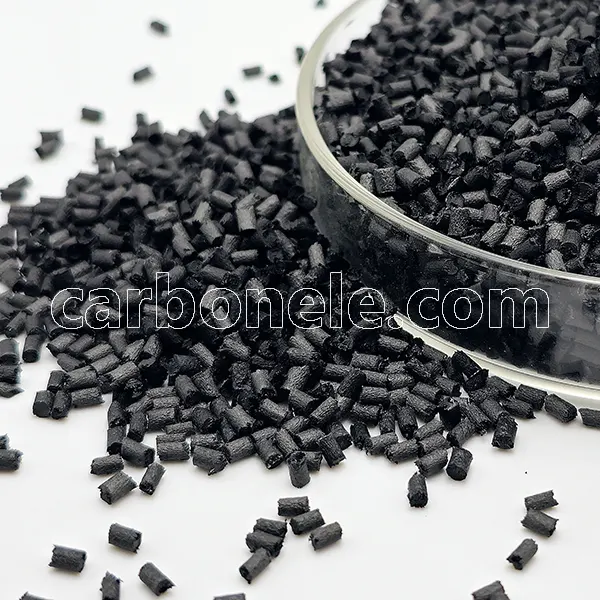Key Benefits Of PP CF Composite Material - Carbon Fiber Compounds Manufacturer | Supplier
PP CF (Polypropylene Carbon Fiber Composite) Technical Overview
1. High-Temperature Performance
PP CF maintains structural integrity at elevated temperatures with a heat deflection temperature of 160-180°C. The composite can withstand short-term exposure up to 200°C while preserving mechanical properties, making it suitable for under-hood automotive applications.
2. Enhanced Mechanical Properties
-
Tensile Strength: 120-150 MPa (50% improvement over standard PP)
-
Flexural Strength: 180-220 MPa
-
Tensile Modulus: 8-10 GPa
The carbon fiber reinforcement provides excellent strength-to-weight ratio for structural components.
3. Chemical Resistance
PP CF demonstrates outstanding resistance to:
-
Acids and alkalis at moderate concentrations
-
Automotive fluids (oils, coolants)
-
Industrial solvents
This makes it ideal for chemical processing equipment and automotive fluid systems.
4. Tribological Properties
With a friction coefficient of 0.25-0.35 and superior wear resistance, PP CF is excellent for:
-
Bearing components
-
Wear pads
-
Sliding mechanisms
5. Dimensional Stability
-
CTE: 30-40 μm/m·K
-
Water absorption <0.01%
These properties ensure reliable performance in varying environmental conditions.
6. Electrical Properties
-
Volume resistivity: 10^13 Ω·cm
-
Dielectric strength: 20 kV/mm
Suitable for electrical housings and insulating components.
7. Lightweight Advantage
At 1.25 g/cm³ density, PP CF offers 40-50% weight reduction versus aluminum, improving energy efficiency in transportation applications.
Key Applications:
-
Automotive: Air intake systems, battery trays, structural brackets
-
Industrial: Material handling components, chemical tanks
-
Consumer: Power tool housings, sporting goods
-
Electrical: Connector housings, circuit board supports
Previous News
PPS CF (Polyphenylene Sulfide Carbon Fiber Comp...Next News
ABS-CF10: End Flimsy Tooling Jigs With Our Robu...
Feature Product
-
PA12 LCF30 for Drone Fuselages & Wings
What do you know about PA12 LCF30? PA12 ...
-
Competitive Price PA6 LCF30 Composites
What’s it? PA6 LCF30, which stands...
-
ABS CF10 Compound ABS 10%CF Thermoplastic Compo...
What’s ABS CF10? ABS CF10 refers t...









